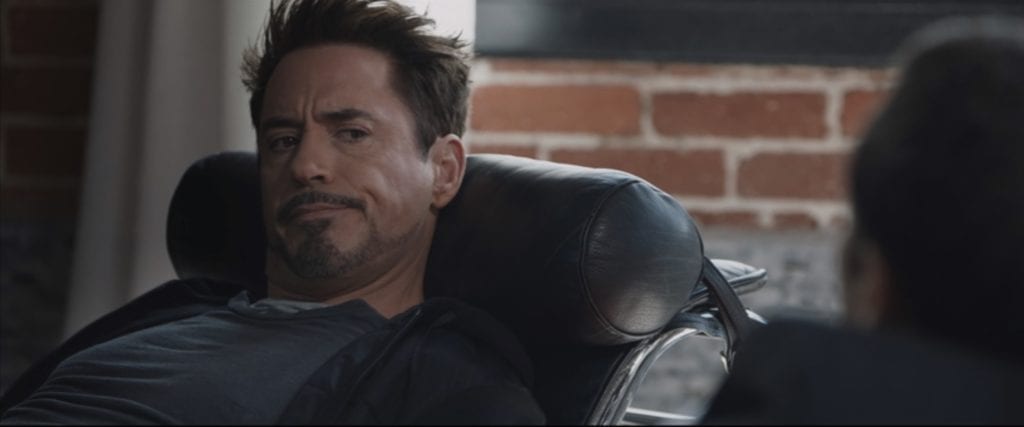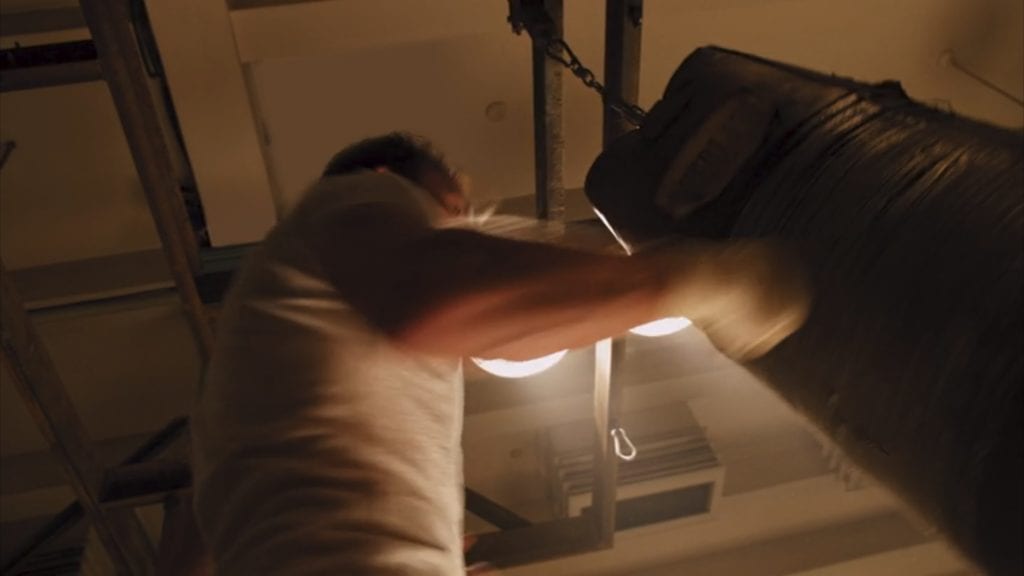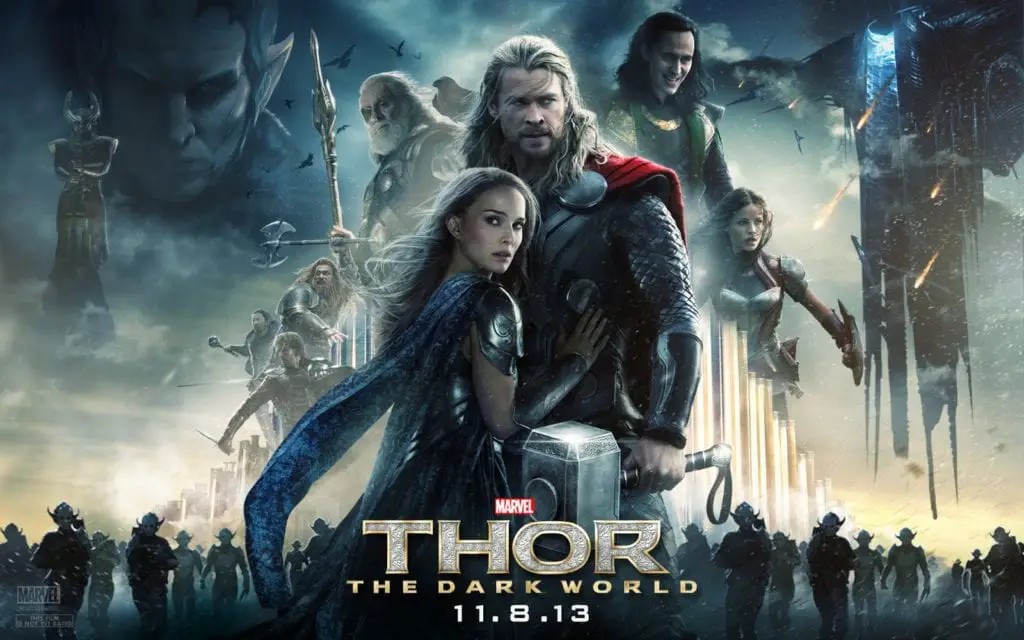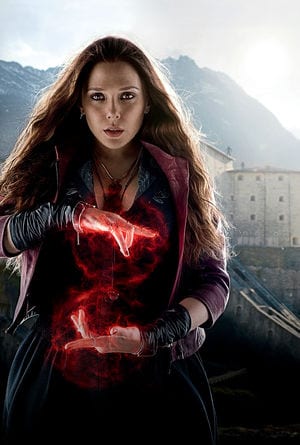Traumatic experience is ever-present in every action film by the nature of the genre. The Marvel Cinematic Universe (MCU) is no exception. In fact, given its supernatural aspects, it boasts new and more curious ways to cause trauma, as opposed to regular action flicks. At the same time, it is not exactly usual for action-focused movies to explore this trauma.
As I’ve written before, while it is understandable that individual films and books avoid dealing with the trauma its protagonists take away from the terrible things happening to them, it’s much harder to justify with shows, book series and cinematic universes. So looking at the most prominent example of the latter, how does MCU do in this?
Spoiler: Not too well.
To be fair, though, there are differences. The films that fare the best in this are, without a doubt, the Iron Man ones. Even the first one, taken alone, is not too bad. Tony Stark’s decision to stop making weapons is, in itself, a response to a traumatic experience, even though it would be making light of it if we were to reduce it simply to an effect of PTSD. Iron Man 2, while chiefly focusing on reactions to the knowledge of Tony’s approaching death, has the trauma of the past in it as additional background giving flavour to the desperation that permeates half of the film.
And then there is Iron Man 3, a film that is about trauma effectively in its entirety, and which I will never stop praising for that. Not only for depiction, either, but also for doing their best to shatter the image of the “perfect victim”. Tony is an asshole, and still acts like an asshole in many ways. It doesn’t make his trauma less real or valid.
But being MCU, they had to ruin even this amazing breakthrough.
After-credits scenes are supposed to be just little additional jokes or tie-ins to further films, not something that changes the whole message of a movie. And yet in case of the third Iron Man—quite accidentally, I believe—that is what happened.
Because in that last scene, we find out that Tony has been telling this whole story to Bruce Banner, and Bruce…fell asleep right at the beginning. And then the whole thing is turned into a joke.
There is no shortage of Tony Stark fans who read that as certain proof that Bruce is a terrible friend, and sure, that is the takeaway from it as well. But the more marked one is the whole making light of it. The filmmakers just spent two and half hours showing us that trauma is just not something you can simply wave away, only to send that whole message down the drain with a thirty-second scene. Isn’t it just so funny that Bruce fell asleep?

No. No, it isn’t, and if I ever found strength to talk about some of the most painful things in my life to someone only to have that person fall asleep on me, it would probably damage my ability to trust anyone ever for a…very long time. This is not something you joke about, damn it.
But still, a sizable portion of people never sees the after-credits scene. There is a way to watch this that does not diminish the trauma. So all in all, decent job, Iron Man. What about Captain America?
Eh.
So Steve Rogers wakes up from the ice, after being in a war, to find out that everyone he has known in his life is dead. Pretty traumatic, wouldn’t you say? Steve wouldn’t, it seems.
There’s Peggy, of course, being old and dying…that shakes him. But that seems mostly about losing what he had with her. There don’t seem to be particular signs of being bothered by the whole enormous shift that just happened in his life. And there were plenty of opportunities to mention it. In Winter Soldier, Steve goes to a veteran group meeting led by Sam Wilson, where they explicitly talk about war trauma. Nice.
So why does Steve never say anything to that, never join in in any way, is never allowed to express it concerns him too? Or even his whole stubbornness about Bucky. I’m sure the fact that he is the only person from his old life still alive would be a huge part of his insistence on saving him at all cost, even beyond being best friends, but there is never really any hint of that. The most we get of Steve’s trauma is the few flashbacks when he’s using the punching bag in Avengers. Not good enough.

But still, perhaps, better than Thor.
Because let’s look at The Dark World, and what had happened to Thor since the first installment. His little brother had tried to kill him a few times, tried to commit genocide, then attempted suicide, attempted a takeover of another world, and been imprisoned for four thousand years into solitary confinement. It also turned out that his father had lied about his brother’s species his entire life, and that said brother was actually of a species Thor has many times declared he would eradicate. And yes, Thor is sad—because he can’t go see his girlfriend whom he has known for all of four days or so.
I’m sorry, but just…what? Who the hell thought it was a good idea?
Honestly, the only takeaway from this would be that Thor didn’t give a shit about Loki, which is obviously not what the film means to convey. Or we could say that he was simply pretending this was about Jane Foster to fool Odin, but this is more of a honeypot than a legitimate interpretation of what we see onscreen. No, clearly, the filmmakers just didn’t think all Thor had found out in relation to his brother and father would rank in comparison to a nice-looking girl.
There is some reaction at the end of the film to events that happened in its course, at least, in Thor’s rejection of the throne after he saw Odin behave like an idiot. So it’s not only romantic trouble that can shake him. But as regards the betrayal and complete breakdown of someone close to him, we get nothing.
This strange kind of non-reaction continues even in Ragnarok. I understand that the goal was to create a film with a lighter beat than The Dark World, in spite of the ending, but that’s just the thing about cinematic universes. When you have a character go through life-changing, traumatic experiences in one installment, you can’t expect the next to be chipper. Or you shouldn’t, anyway.
Additionally to Thor’s trauma from the first film and the Avengers, he now believes his brother to be dead, his mother died, his father turned out to be an asshole, and he gave up the throne he had been preparing for for a thousand years. Oh, and the girlfriend who seemed to be such a crucial part of his life until now broke up with him. I’m not trying to say people are obliged to break down and spend years sobbing in a corner after a set amount of traumatic experience, and obviously everyone reacts differently, but some acknowledgement would have been nice, you know?

Further, Thor sits rather uncomfortably in contrast with Loki the (mostly) villain. Loki’s trauma, we see up close and personal, both in the first film and the second—where Thor seems to be mostly about protecting Asgard, very reasonably, whereas Loki wants to avenge his mother. It’s getting back to the point I made in my previous trauma article: only villainous men are allowed to react to traumatic experience.
It is probably also associated with emotion being connected to women by stereotype, so the typical masculine hero is expected to do without, whereas the feminine villain, not a proper man, is controlled by them. This dynamic, very much present in Thor from the start, joins the uncomfortable division of roles between the extroverted, bright, open Thor who is a good guy, and quiet, introverted, sneaky Loki who is a villain. It taps into very familiar stereotypes, and the treatment of trauma in these two characters goes hand in hand in them.
To not be all critical, however, by mostly not portraying Loki as an all out villain the Thor films do a little better with this than is usual. He gets a little more sympathy. And much more sympathy, of course, from fandom, but that is another matter.
As for how the team-ups (the two Avengers and the Civil War, though that is more of a team-down) do with trauma, mostly it is Tony who gets some space again. In the first Avengers, there are the few mentioned flashbacks Steve has. In the second, Tony’s trauma, with the help of Wanda, is used to turn him into an almost-villain.
There is her and her brother’s trauma to be seen as well, though, as a mirror to Tony’s, where she turns from a villain to one of the good guys. Through her messing with the Avengers’ heads, we also get to see most of their issues. But it is generally things that happened long in the past, not reactions to events from previous films or the current one. The exception to that is Tony and also Bruce, who ends up leaving precisely because of what happened in this particular film.
Oh, and of course there is also Natasha’s terrible reason for being a monster. The less said about that the better. Not because women cannot feel deeply hurt by their inability to have children (just as men can), but because the context in which it was given…bullshit. Just bullshit. I refuse to discuss it any longer.
And then there is the Civil War, after Iron Man 3 the second film that is based mostly around trauma, though an argument for Age of Ultron could be made as well. Civil War chooses Steve and Tony to focus on, the loss of a friend on one side and the loss of parents on another. Additionally, there is T’Challa’s anger at the death of his father. It takes them all seriously enough, however, much like with what Wanda revealed, they are things from the past, and therefore not really the main focus of this article.

This is the kind of traumatic experience that is routinely used, the Batman’s-parents kind: something in the deep past used to motivate the characters, usually to anger and revenge. A very different sort of trauma than what we see in Iron Man 3, even though the credit still has to be given to the film for not glorifying it in any way whatsoever.
Not much is left. Guardians of the Galaxy aren’t really the sort of film to focus on trauma recovery. Ant-Man, in its one installment, didn’t have enough opportunity. Doctor Strange does surprisingly well, though, in Steven’s reaction to his car accident and his inability to do his beloved job.
So, all in all, the record is rather patchy and not exactly something to boast of. Decent explorations of trauma or more an exception than the rule. As I said with Guardians of the Galaxy, I’m willing to allow that some kinds of films are simply not made for it. But in Captain America, I find it almost tangibly missing, since it seems it would fir the genre very well. But perhaps not the masculine type of hero the Captain is? All the more reason to include it, in my onion.
This complete avoidance is perhaps still better than the strange mockery that Thor—and especially Thor: The Dark World—makes of it, though. And, most of all, I will always and forever hate the after-credits scene in Iron Man 3. It is, in effect, doing to those in the audience who related to Tony’s PTSD the same thing Bruce did to Tony in that scene: pretending to be sympathetic, only to pull the rug from under them. And that is just not cool.

